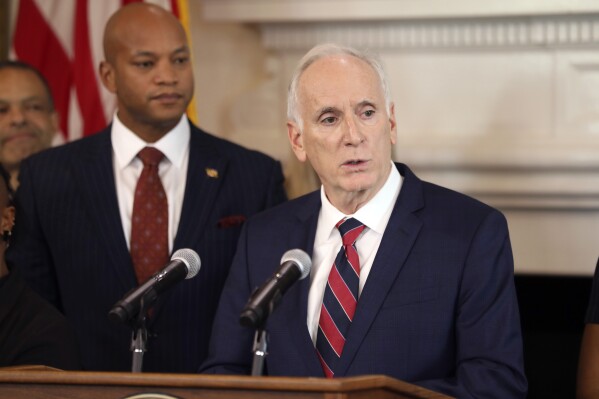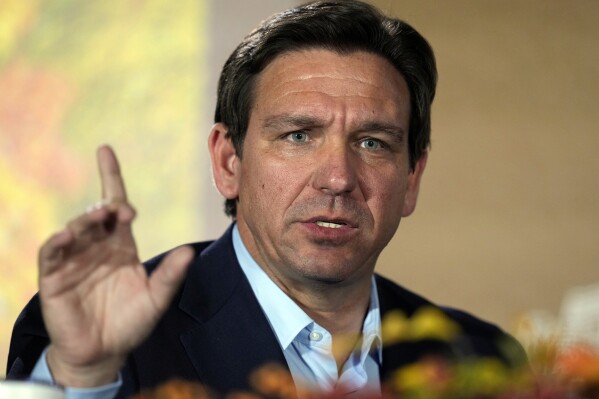Mississippi’s top lawmakers skip initial budget proposals because of disagreement with governor
JACKSON, Miss. (AP) — Mississippi legislators will begin their session next month without a broad outline from their leaders about how the state should spend money during the year that begins July 1.
The Joint Legislative Budget Committee met Wednesday, and members were scheduled to adopt recommendations as a starting point for writing a spending plan.
But because of an earlier disagreement with Republican Gov. Tate Reeves over how much money the state might collect during the year, the committee did not act.
The lack of action should not be much of a hindrance in ultimately setting a budget, committee leaders said. With a four-month session that begins in early January, the Republican-controlled House and Senate have a deadline in early May to decide on spending for education, health care, prisons and other state government services.
 South Dakota governor proposes tighter spending along with increases for K-12 education
South Dakota governor proposes tighter spending along with increases for K-12 education
 Maryland transportation chief proposes $3.3B in budget cuts
Maryland transportation chief proposes $3.3B in budget cuts
 DeSantis wants to cut 1,000 jobs, but asks for $1 million to sue over Florida State’s football snub
DeSantis wants to cut 1,000 jobs, but asks for $1 million to sue over Florida State’s football snub
Budget writers will meet several times during the session, and they will monitor the state’s economic performance to try to predict how much tax money might be available to spend, said Republican Rep. Jason White of West, who is on track to become the new House speaker in January.
Legislators have reduced the state income tax in recent years, and Reeves has said he wants to fully eliminate it to make Mississippi more competitive with Texas, Tennessee and other states that don’t tax income.
However, Mississippi tax collections in September and October of this year were lower than during the same months last year.
Republican Lt. Gov. Delbert Hosemann, the current chairman of the Joint Legislative Budget Committee, said Wednesday that budget writers need to be cautious because the revenue trend “is not going positively.”
Hosemann said that if the state economy looks healthy, legislators could consider proposals to further reduce the income tax or to reduce the 7% grocery tax.
“If we’re doing well with our numbers, I think those need to be on the table,” Hosemann said.
Disclaimer: The copyright of this article belongs to the original author. Reposting this article is solely for the purpose of information dissemination and does not constitute any investment advice. If there is any infringement, please contact us immediately. We will make corrections or deletions as necessary. Thank you.




